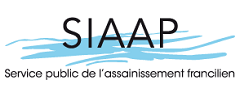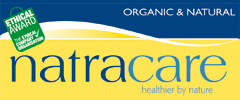Albania
The country is situated in South Eastern Europe. It borders Montenegro to the northwest, Kosovo to the northeast, the Republic of Macedonia to the east and Greece to the south and southeast. Tirana is the capital of Albania, where approximately 600,000 people live. Albania is a member of the United Nations, NATO, the Organization for Security and Co-operation in Europe, Council of Europe, WTO, Organization of the Islamic Conference and one of the founding members of the Union for the Mediterranean. Since January 2003 Albania has been a potential candidate for accession to the European Union. On 28 April 2009 the country formally applied for EU membership. According to the United Nations Population Division the infant mortality rate in the country is ranked 91 highest infant mortality rate out of 195 countries.
According to the chronicles the Albanian people formed as a distinct ethnicity in the Middle Ages. The Ottoman Empire occupied the area in the 15th century and thus it remained under Ottoman control until 1912, when the first independent Albanian state was confirmed.
The first Albanian Republic (1925–1928) was replaced by another monarchy (1928–1939), which was occupied by Fascist Italy during World War II. Albania became a communist state after the breakdown of the Axis power.
The Republic of Albania was founded in 1991 after the collapse of the communist regime. In March 1992 the old communist party was routed, amongst economic downfall and social unrest. Crisis after crisis followed during the 1990s, and hit the highest point in the 1997 Lottery Uprising, that led to massive emigration of the Albanian people, mostly to Italy, Greece, Switzerland, Germany and North America. In 2009 Albania became a member of NATO. The country is applying for participation in the European Union. Albania remains a poor country according to the Western European standards. Its GDP per capita stood at 26 percent of the EU average in 2010. The most important sector in the country is the agriculture, which employs 58% of the labor force and generating about 21% of GDP.
Related Projects
Reducing chemicals and contamination of drinking water sources in rural communities in Bosnia-Herzegovina, FYR Macedonia and Albania
How Ecosan toilets, greywater filters and composting can help reducing the use of chemical fertilisers and protecting water sources in rural areas of South Eastern Europe
15.04.2016 | WECF Project
Product and Chemical Safety in the Balkans
"Civil society cooperation on EU acquis and on values for consumer and corporate responsibility"
15.02.2011 | WECF Project



































